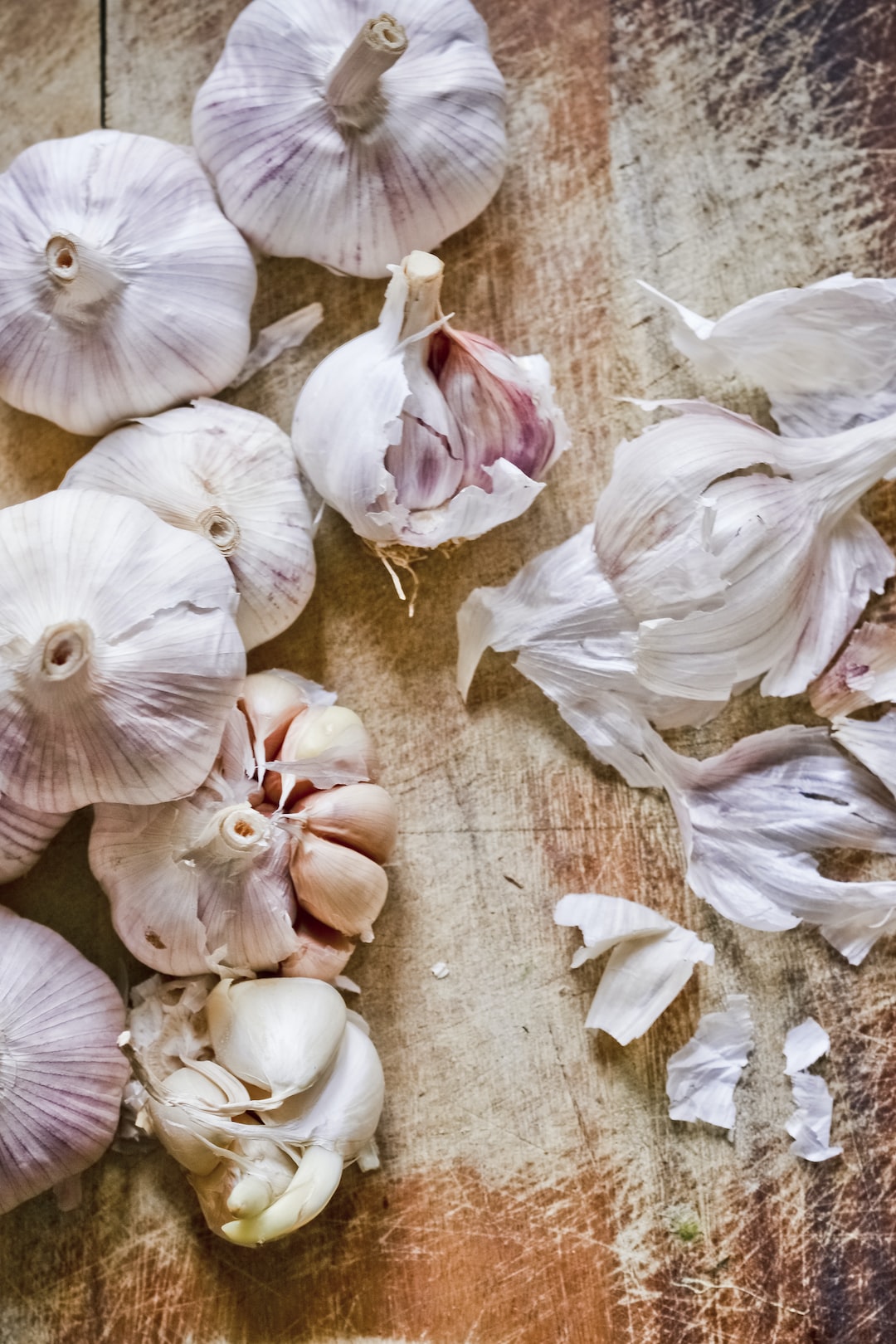The best ways to use seasonal fruits and vegetables in your cooking
Eating seasonal fruits and vegetables is not only delicious but also beneficial for your health. When you use ingredients that are in season, they are at their peak freshness and flavor. It’s also a great way to support local farmers and reduce your carbon footprint. But what are the best ways to use these seasonal delights in your cooking? Read on to find out!
1. Salads and slaws
Salads and slaws are the perfect canvas to showcase a variety of seasonal fruits and vegetables. For example, during the summer months, you can create a refreshing salad with ripe tomatoes, juicy watermelon, crisp cucumber, and fragrant herbs like basil or mint. In the fall, you can make a slaw with shredded cabbage, grated carrots, and tart apples. The possibilities are endless, and you can experiment with different combinations to create unique and flavorful dishes.
2. Soups and stews
Soups and stews are hearty and comforting meals that can be easily customized with seasonal produce. In the winter, you can make a warming butternut squash soup or a hearty vegetable stew with root vegetables like carrots, potatoes, and parsnips. During the spring, you can use tender asparagus, peas, and leeks to create a light and flavorful soup. Adding seasonal vegetables to soups and stews not only enhances their taste but also adds nutritional value to your meals.
3. Roasting
Roasting brings out the natural sweetness of vegetables, making it a great cooking method for seasonal produce. From roasted Brussels sprouts in the winter to roasted bell peppers in the summer, this technique adds a depth of flavor that can elevate any dish. You can roast a medley of vegetables or focus on one star ingredient. Winter root vegetables like beets, turnips, and sweet potatoes are particularly delicious when roasted, as are summer favorites like zucchini, eggplant, and tomatoes.
4. Sautéing and stir-frying
Sautéing and stir-frying are quick and easy cooking techniques that help retain the natural crunch and color of seasonal vegetables. You can sauté leafy greens like kale or Swiss chard with garlic and olive oil, or stir-fry a medley of colorful vegetables with a savory sauce. These methods preserve the texture and freshness of the ingredients, allowing you to enjoy the true taste of the season.
5. Baking and desserts
Seasonal fruits can be the star of many delicious desserts. During the summer, you can make a luscious berry pie with freshly picked strawberries, raspberries, or blueberries. In the fall, you can create a comforting apple crisp or a spiced pumpkin cake. Baking not only enhances the natural sweetness of fruits but also fills your home with irresistible aromas.
6. Smoothies and juices
Smoothies and juices are a fantastic way to pack your diet with the vitamins and minerals found in seasonal fruits and vegetables. Simply blend or juice your favorite produce together and you’ll have a refreshing and nutritious drink. During the summer, a watermelon and mint smoothie is a perfect way to cool down, while a green juice with kale, cucumber, and apples is a great way to start your day in the winter.
7. Preserving and canning
Preserving and canning seasonal fruits and vegetables allow you to enjoy their flavors all year round. You can make jams, pickles, or chutneys with a variety of produce when they are at their peak. This way, you can savor the taste of summer berries in the middle of winter or add a tangy pickle to your sandwich any time of the year.
In conclusion, using seasonal fruits and vegetables in your cooking is a wonderful way to experience the bounties of nature and create delicious and healthy meals. Whether you’re making a salad, sautéing, baking, or preserving, there are numerous ways to incorporate seasonal produce into your everyday cooking. So, head to your local farmers’ market or pick from your garden and let the flavors of the season inspire your culinary adventures!


